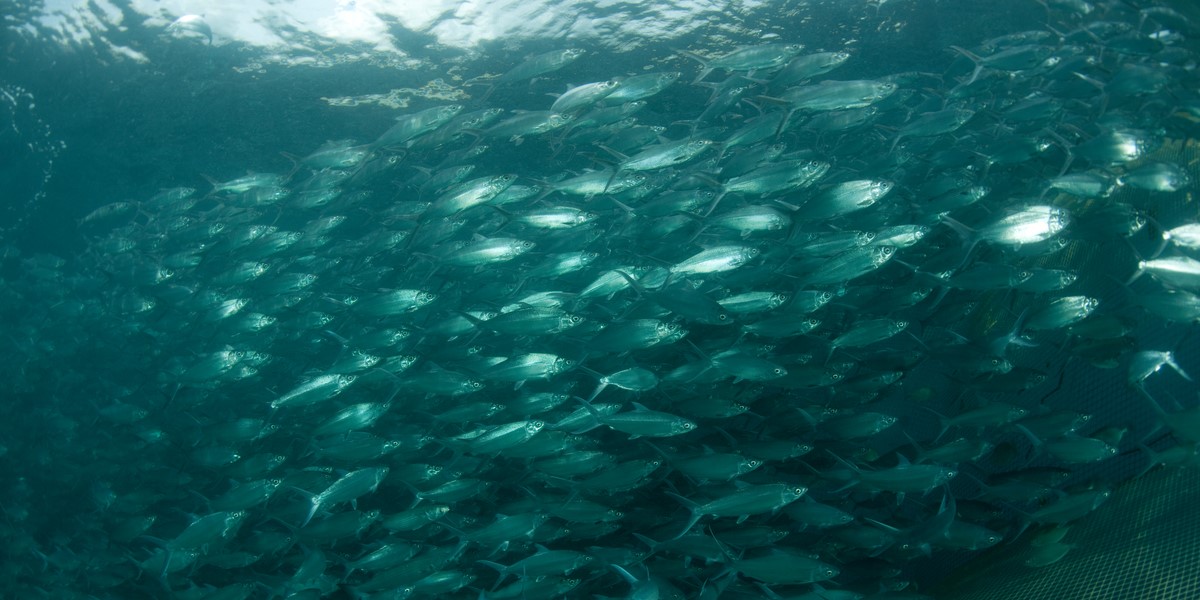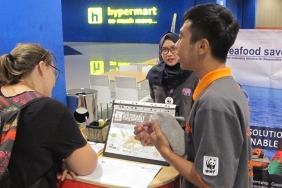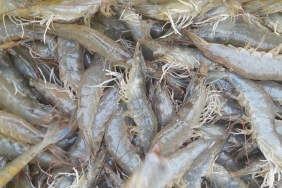ANSWERING THE SUSTAINABLE FISHERIES CHALLENGES IN DEVELOPING COUNTRIES
By Seafood Savers Team
Developing countries have a major contribution in supplying fishery resources. About 60% volume of the world fishery product comes from developing countries. However up until now, Indonesia which once occupied number 4 in the world for catching fisheries haven’t got an acknowledgement in MSC certified fisheries. Without further behavior pattern changes, unsustainable action may threat food availability and community livelihood warranty which relies on this industry.
The next challenge is, starting in 2018, major retailers in the United States and Europe will only buy fishery product which is produced according to sustainable term which is proven with MSC certification. Without the terms mentioned, fishery product from Indonesia is at risk in losing the competitiveness and will have low economical value in world market.
However, the lack of national fishery governance plus data availability and resources for processing fishery data, and the large amount of fund are needed to follow the ecolabel certification scheme. As the big picture from the funding side, fishery improvement needs at least USD 30.000/year and for the full assessment, it needs costs about USD 70.000-100.000 for each company.
In order to answer to these challenges, MSC develops “Developing World Program” for capture fishery. This program allows fishery practitioners to follow pre-assessment scheme and fishery improvement program before participate the assessment by the independent certification organization. MSC also encourage the involvement world development organization, academic world and NGO in the capacity improvements and the fishery improvement funding aid in developing countries.
Lesson and challenge from the process which has been conducted in developing countries is further discussed in the second Developing World Fisheries Conference which was held in Nusa Dua , Bali on April 15th 2013. This conference brought together the government representative, companies, and civil society, including WWF-Indonesia and Seafood Savers program business partner. WWF-Indonesia share lessons from the Tuna fisheries improvement program. Tuna is the top seed commodities in Indonesian capture fisheries with export value worth 8.5 billion rupiah in 2011 (KKP, 2012).
The activity of the national fisheries improvement according to sustainable standard is the responsibility of the ministry of the maritime and fisheries. However, the Non Governmental Organization can actively participate to aid fisheries industry for doing some improvements.
WWF-Indonesia answers those needs by doing a Seafood Savers initiation as a partnership program for companies and retailers to apply sustainable fisheries practice according to MSC standards. Arta Mina Tama is one of the Seafood Savers member companies which have done the fisheries improvements practice. They are using circle hook and assign on board observer in their longline ship. The other member, Sea Delight, is also applying the catching results record-keeping (logbook) in Sendang Biru, Malang.
The government support and NGO’s mentoring is the first investment of the company to adopt sustainable fisheries practice. Further on, the company needs to be more independent in doing improvements to answer the sustainable fisheries challenges and the time limit on 2018 for capture fisheries certification.
1Lluch-Cota, Salvador “Perspectives for implementing fisheries certification in developing countries”
http://www.academia.edu/2439121/Perspectives_for_implementing_fisheries_certification_in_developing_countries
2Asia-Pacific Fishery Commission, “Status and potential of fisheries and aquaculture in Asia and the Pacific 2008 “ ftp://ftp.fao.org/docrep/fao/011/i0433e/i0433e00.pdf
Call
Send SMS
Add to Skype
You'll need Skype CreditFree via Skype





